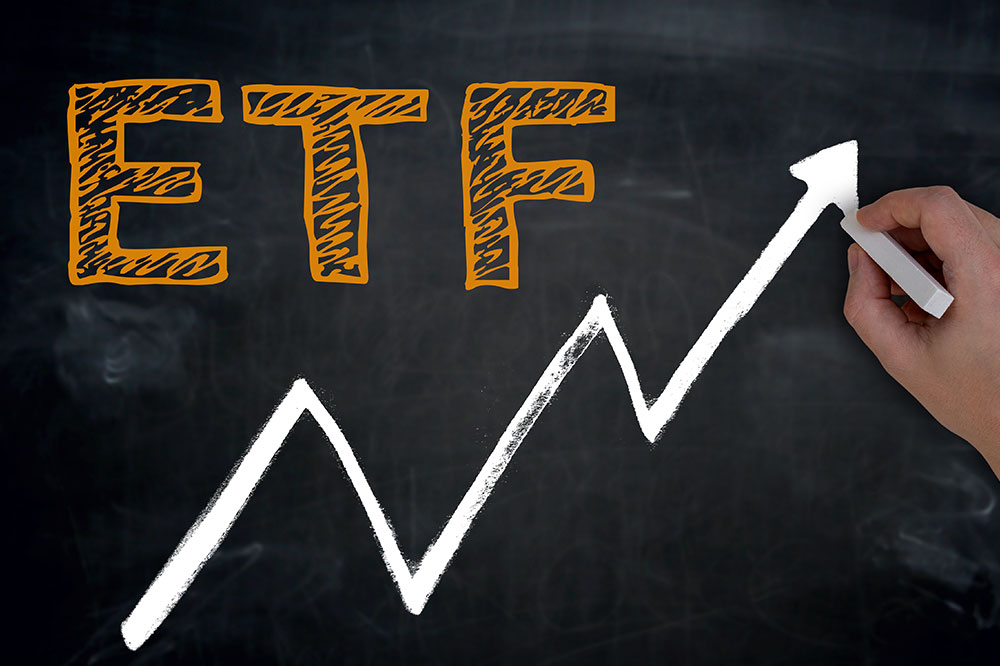
health
5 warning signs of poor blood circulation
Most people have monotonous schedules, sedentary lifestyles, and unhealthy eating habits and frequently experience stress or prolonged fatigue. Combined with heredity and accompanying health conditions, these elements cause impaired blood circulation. Frequent cold hands and feet with tingling sensations could be a sign of poor blood circulation. One could experience further health issues if the blood flow in the body is compromised for some reason. Read this article to understand the warning signs of poor blood circulation. 5 warning signs indicating poor blood circulation Even while the symptoms of poor blood circulation may not be immediately apparent, they might have significant consequences. Discussed below are 5 signs indicating poor blood circulation. One may have one or more of these symptoms depending on how severely one’s circulatory system has been compromised. Tingling and numbness in the hands and feet Poor oxygenation of the local nerves goes hand in hand with impaired blood circulation in the upper and lower extremities. Tissue hypoxia is the medical term for this condition, which frequently causes uncomfortable localized tingling or numbness. Slow healing process If one’s blood flow is compromised, one must be aware that this could considerably slow down one’s body’s natural healing processes. It’s impossible to heal any form of physical damage without providing enough nutrients to the location of the injury.













